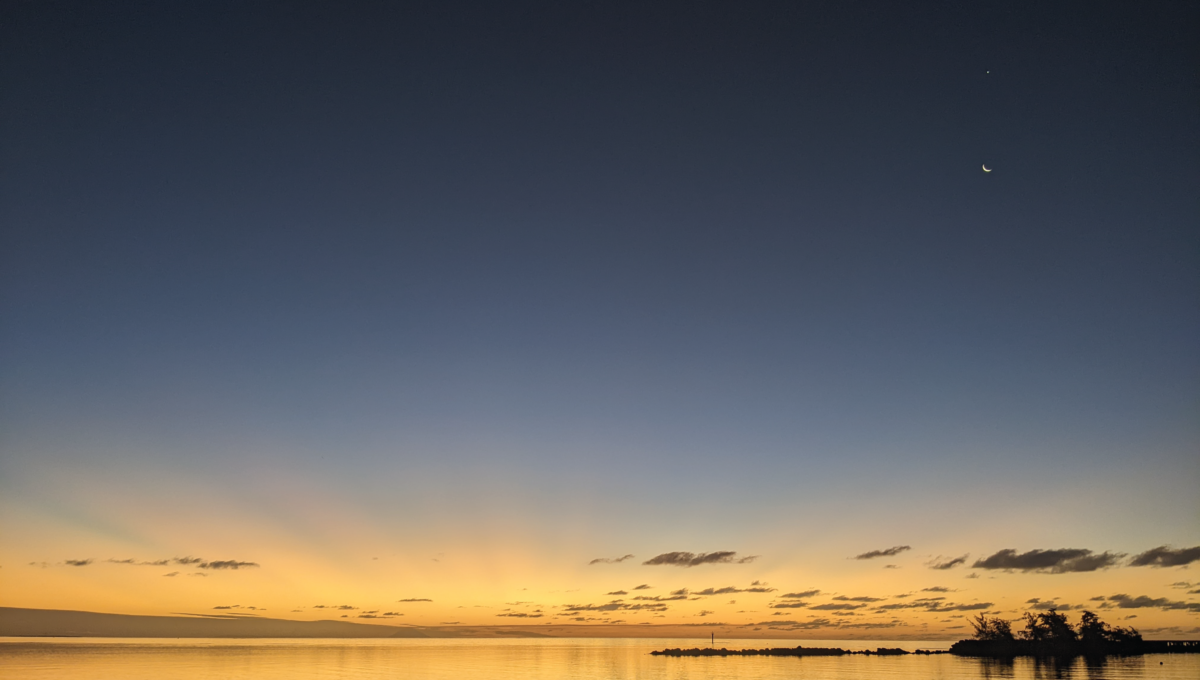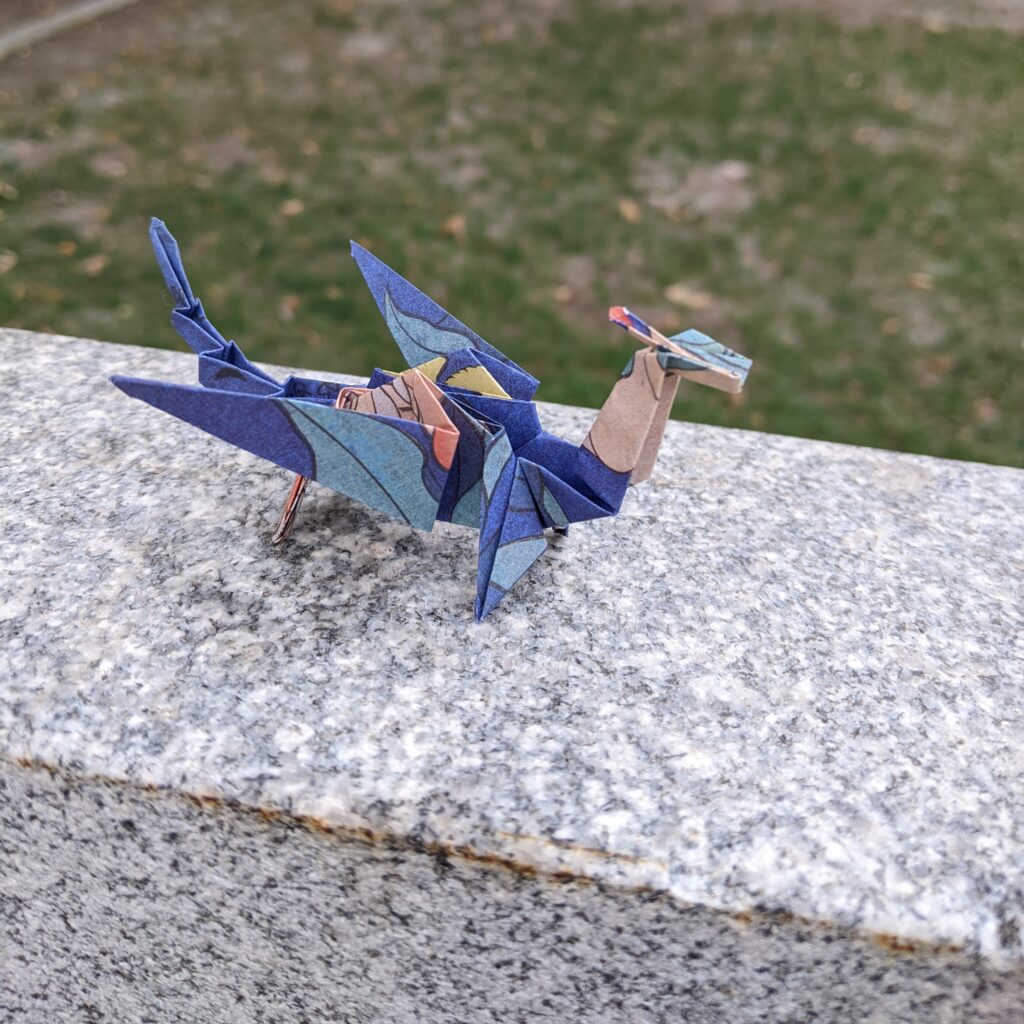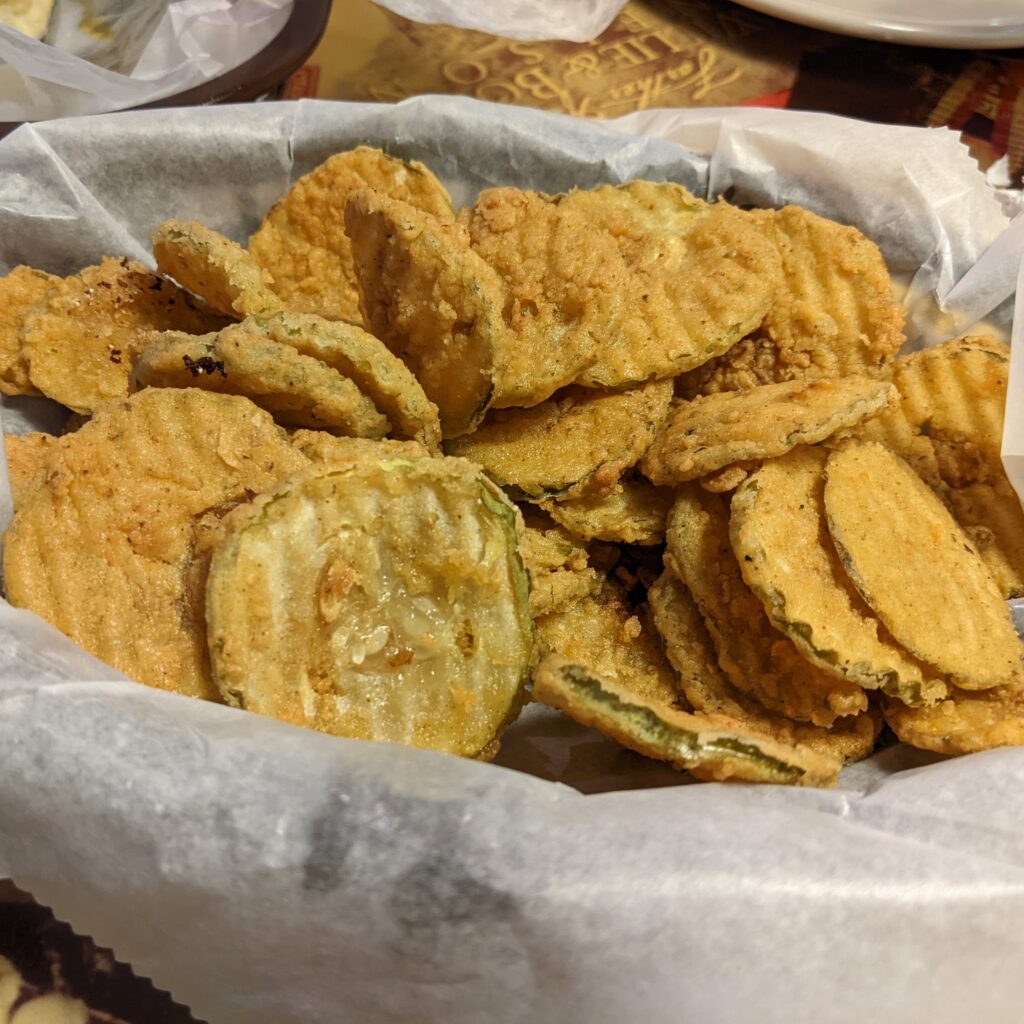This essay appeared in Prodigal Press, a Provo alternative media collective, on November 30, 2023. (Instagram here; forthcoming on prodigalpress.org.)
The first time I saw the stars was in the back of a pickup truck full of shoeboxes, together with a gang of teenage boys with whom I shared maybe fifty words of vocabulary, tops.
I say “first time” because there’s a difference between looking at the stars in suburban Utah and seeing them from a Pacific island with no suburbs to speak of. It’s worth the trip just to exist under the Tongan night sky on a clear day, when the stars are half of everything, and look up. Here, they’re bright: not faint little painted dots on a faded canopy but real twinkling lights, the brightest ones nearly falling out of the brilliant canvas and into your lap. The sky isn’t black. That’s the thing. When you get far enough out of the city, monochrome black becomes celestial patterns of silver and gray stretched out like streamers, and it starts to make sense what they meant when they said God created the heavens and the earth, two halves, one to live on, the other to scatter myths and heroes across.
As for the shoeboxes, Siosefa stopped the truck to pick them up at his wife’s boutique in town. I’m not sure why. Siosefa spoke decent English, but the conversation about the shoeboxes was in lea faka-Tonga, and it came as a surprise when the other boys started throwing the empty cardboard into the bed of the truck on top of me. And as for the boys, none of them were actually Siosefa’s: some were nephews, and most were neighborhood kids whose dads were in prison or who didn’t get enough to eat at home. Siosefa was the neighborhood bishop, and tonight his sacred duty consisted of taking the boys to town so we could eat fried chicken and sprawl out on the steps of the ANZ Bank and ride up and down a hotel elevator for no discernible purpose, except that the boys were having fun and this was preferable to gang activity. The other American researcher rode in the cab, so he was warmer than I was, but he missed the kids and me putting the shoeboxes on our heads and also the stars, how they gestured at meaning in some heavenly language: a colossal Rorschach test of heroes who grew up and ran away from home and fought monsters on tropical islands.
The other important thing is that I’m Episcopalian—which wouldn’t have been important had it not been important to my host family, particularly Siosefa’s father. We’d scarcely finished our first conversation in his upstairs family room when he asked, “You know gospel?” and his eyes caught fire and he explained Joseph Smith and the Book of Mormon and modern-day prophets. His upper lip, like his weathered fingers and toes, was swollen and curled so that when he spoke in subjects and verbs that did not agree it was as if he were speaking through cotton. But I understood every word, because there was a time when I myself had been a Latter-day Saint missionary who knocked on doors and sat on strangers’ couches to give that same explanation. That time was now two years in the past, nearly a tithe of my life, and as I could hardly explain in verbs like come, play, eat how and why and where my childhood faith had come to fit like a glove with two thumbs and not enough fingers, I told the closest thing to the truth that I could and became Episcopalian for a month.
I did not often see the stars while staying in that proud house: two stories where the neighbors had only one; a cinder-block fence, almost finished, with rebar leaning against it; cavernous windows and doorways without doors; a canopy for the van in the puddled yard full of pigs and chickens. More often I saw glimpses of childhood, like the Ko e Tohi ‘a Molomona on the patriarch’s unmade bed, as shabby and written-in as my father’s; the hyperactive kids that would have made admirable Boy Scouts; and the Del Parson painting of Jesus torn from a magazine and pinned to a stern, yellowed column, whose eyes followed you no matter where you stood in the room, according to Sunday School lore.
It was not merely that these things were there but that they would not leave me alone. One night I took out the ukulele that had filled half my suitcase and played for a rapt audience of boys who gazed at my performance like I was Homer or Harry Styles, even though I’m not much of a singer, and all the songs that sounded happy were just sped-up breakup songs. During intermission the kid who’d been sitting on the arm of my chair brought me the Latter-day Saint hymnal from his grandfather’s bed, opened to the song that got sung every other week in men’s meetings in Morgan, Utah, because it’s the only hymn that doesn’t go higher than a C. I could have said no, I don’t recognize it, but Episcopalian be damned, I was muse for the evening, and the least I could do was play a request that I actually knew. It was my turn to sing in a broken tongue, but the kids carried the tune well enough, and I knew the English translation: “O Babylon, O Babylon, we bid thee farewell. We’re going to the mountains of Ephraim to dwell.”
We soon left that house and its hospitality; two weeks later was the first night I ever slept on concrete. Half our research team spent the night on a fishing boat while the rest of us spent the night in a Latter-day Saint church on a tiny island that only had electricity around sunrise and sunset, slaughtering bugs that got too close to our sleeping bags. Silence, silence, then BANG—the echo of shoe on concrete.
Late that evening, I got talking with Grace on the steps of the outhouse. She’s an anthropologist, like most of our team, but she said she almost picked religious studies. This despite only having been to church once, which between the crucifixion and the chanting had been a frightening experience for a child of an agnostic union. But she’d always been interested in the reasons people believe, and, she said, “I’m honestly really scared of dying.” We chatted for a while about hope and hunger and Harry Potter, and when we stood up to go back into the church, she suddenly froze, her head tilted up to the night sky, and said, “Wow.”
“They’re really something, aren’t they?”
Science has it that they’ve been shining since long before I was a child, and all the light we’re seeing now is light-years and light-years old. But you can’t see all that history—only the feeling of immensity and triviality all at once, and the certainty that there’s some meaning in it. I wondered if one of those stars really was closest to the throne of God. If he were hiding somewhere, it would have to be here, between the stars so dense that they formed rivers and seas and oceans of light. But hearing no voice from the whirlwind, I looked for Orion instead. They say he spends his summers here, hanging upside down by his tail like a monkey.
When I left Tonga, the sky was back to the way it had always been: bleached-out, suburban, secondhand. Orion was face up again. These days, I go to the Latter-day Saint church sometimes and the Episcopalian church sometimes, but in truth, I would rather spend my Sunday mornings back under those vast heavenly lights. There are days when I walk out of church and look up at the daytime sky, and I marvel at how much beauty has always been there, hidden by the garish sun and, at nightfall, the artificial lights of Babylon. ∎











